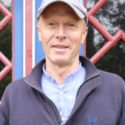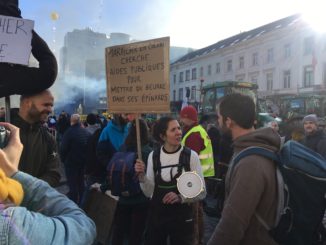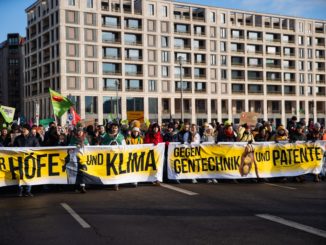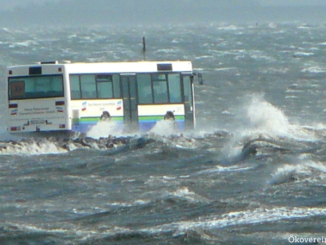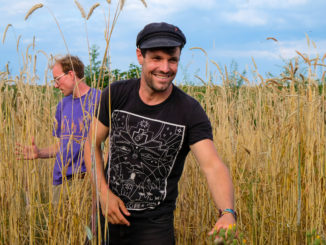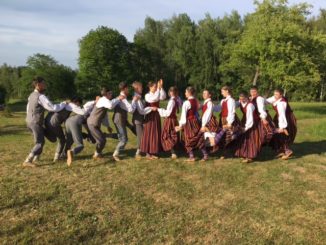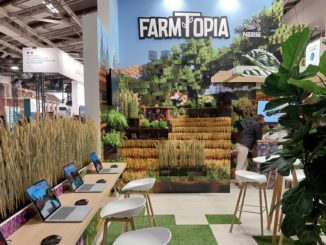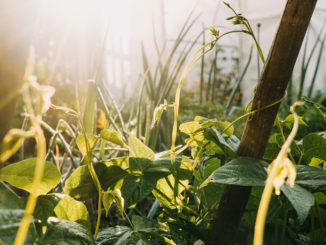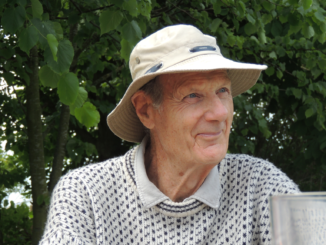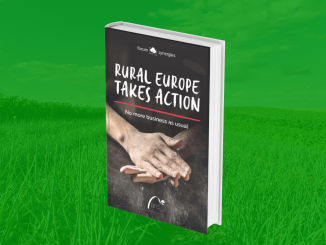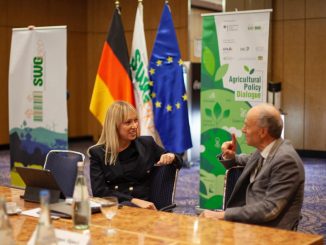
Germany | A Modern Subsistence Farm in a Postcard Landscape
Cycling through this beauty of soft hills, yellow-green meadows, scattered forests, small lakes, finely carpentered wooden houses, small villages with cows and horses grazing side by side, onion-crowned church-towers and cosy guest houses, you may believe that Upper Bavaria is one of those remaining paradise places where rural culture and small peasantry has survived. Letter from die Ötz farm by Hannes Lorenzen. […]

